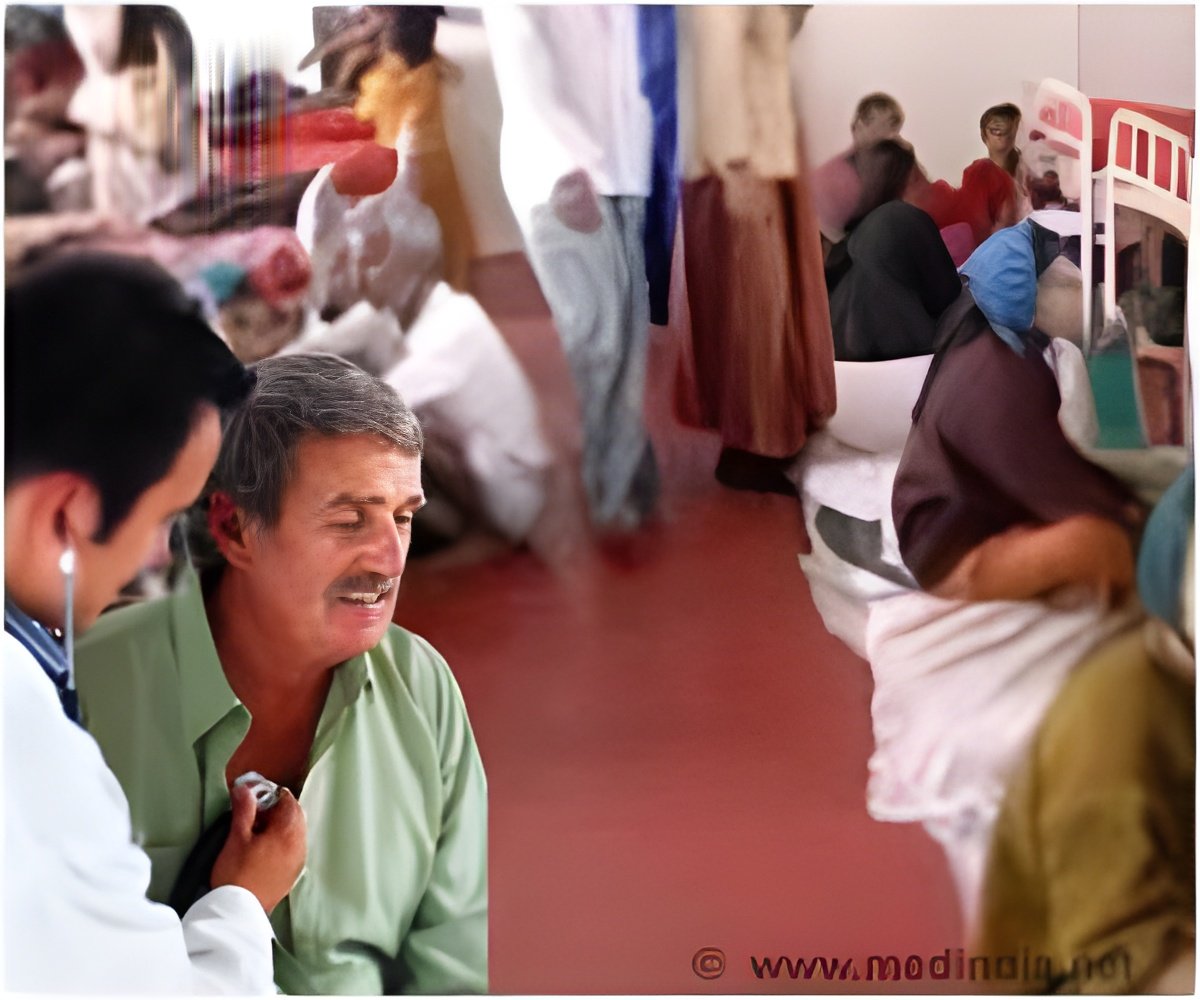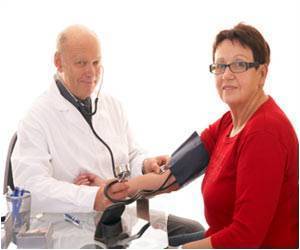The results of a two-year long collaboration with Novo Nordisk A/S, which evaluated the effects of standardized vascular health checks on expected health outcomes were announced by Archimedes Inc.
The results of a two-year long collaboration with Novo Nordisk A/S, a world leader in diabetes care, which evaluated the effects of standardized vascular health checks on expected health outcomes were announced by Archimedes Inc., a healthcare modeling company. The study, "A Standardized Vascular Disease Health Check in Europe: A Cost-Effectiveness Analysis," appearing in the July 15th issue of the peer-reviewed online journal
PLOS ONE, showed that health check strategies assessing diabetes, hypertension, lipids and smoking over a 30–year period would likely improve health and cost-effectiveness outcomes in six European countries, including Germany, the United Kingdom (UK), France, Denmark, Italy, and Poland.
"This study using the Archimedes Model shows that offering health checks would likely reduce the 30-year incidence of major cardiovascular events including heart attack, stroke or death, and serious complications such as diabetes-related blindness and chronic kidney disease," said study author Ulf Smith, MD, PhD, Sahlgrenska University Hospital in Gothenburg, Sweden. "Based on this study, pre-screening strategies for treating common conditions that are increasingly becoming of concern across Europe could reduce the total budget impact of launching a health check program while leading to meaningful improvements in health."
"The health check, a multi-faceted preventative intervention, was modeled after a program designed by the United Kingdom National Health Service." Using the Archimedes Model, researchers simulated a clinical trial comparing seven health check strategies to current levels of care using a simulated population of patients that matched the demographic characteristics and other risk factors in Germany, the UK, France, Denmark, Italy, and Poland."This study marks an exciting step forward in Archimedes' mission to improve the quality and efficiency of healthcare worldwide," said Andy Schuetz, Ph.D., Archimedes' director of population products and lead author of the manuscript.
"In this work, we leveraged our capability to realistically model European populations and healthcare systems. While this study was in-press, we've also modeled Russian and Japanese settings and we are using these capabilities to inform decision makers around the globe about opportunities to improve care."
Source-Eurekalert












